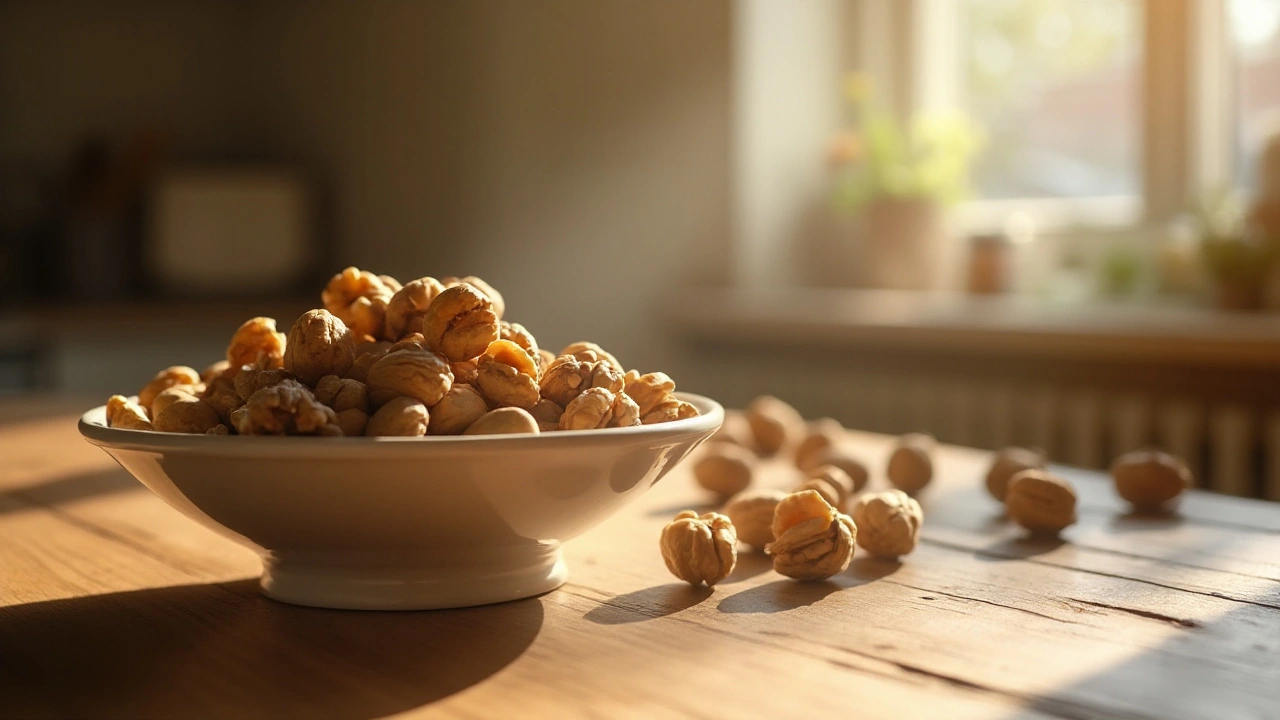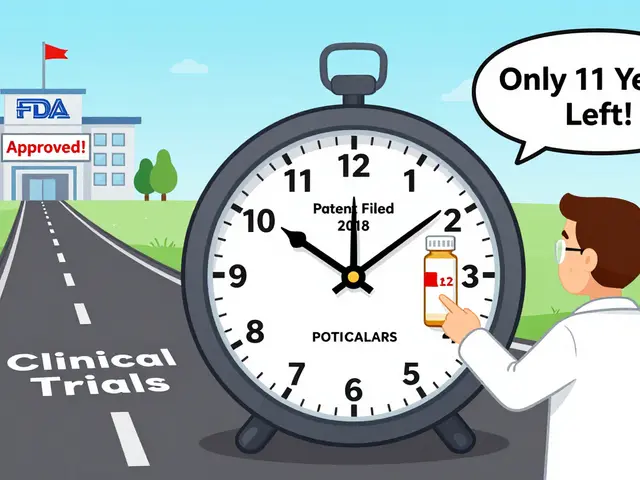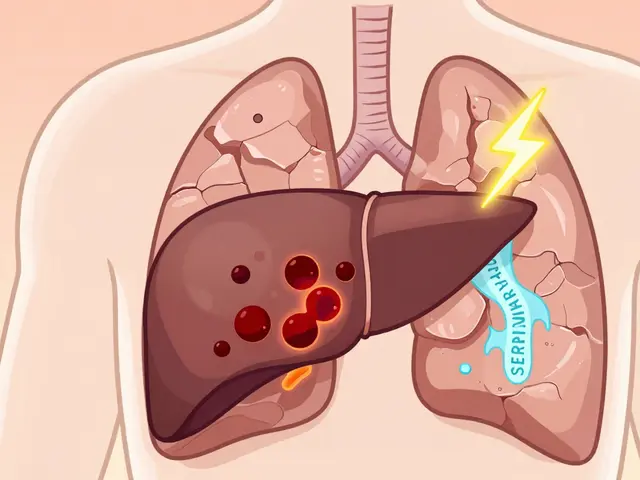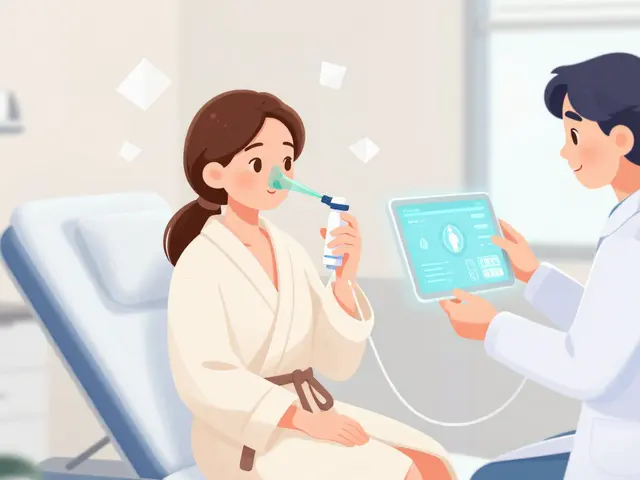Natural supplements: what works, what’s risky, and how to use them
Thinking of taking a natural supplement? Good instincts—plants and foods can help. But they can also cause harm if you don’t pick the right product or check interactions. This page collects clear, practical advice so you can use supplements like black seed, luffa, garden cress, and apricot safely and effectively.
Quick fact: people often don’t tell their doctors about supplements. That hides real risks. A product labeled “natural” doesn’t guarantee safety, dose control, or lack of interactions with prescription meds.
What to check before buying
Start with the basics. Look for third-party testing (USP, NSF, or independent lab results). Read the label: active ingredient, dose per serving, filler list, and expiry date. Avoid products that promise miracle cures or massive doses—more is not better.
Think about your health conditions. Black seed (Nigella sativa) shows promise for inflammation and blood sugar support, but it can affect liver enzymes and may interact with blood thinners or diabetes drugs. Apricot supplements can offer nutrients, but raw apricot kernels contain amygdalin, which can release cyanide—don’t eat kernels without validated safety guidance. Garden cress and luffa are nutrient-dense options for digestion and immune support, but their benefits depend on dose and product quality.
How to use natural supplements safely
Keep it simple and track changes. Start at the lowest effective dose and give each supplement a few weeks before judging results. If you feel odd—dizziness, stomach pain, sudden fatigue—stop and consult a clinician. Always tell your doctor and pharmacist what you’re taking; they can check for interactions with meds like statins, anticoagulants, or psychiatric drugs.
Combine smartly. Some supplements work best with lifestyle changes: garden cress added to meals can boost vitamins, and luffa or fiber-rich supplements help digestion when paired with more water and steady meals. For breathing issues, mild bronchodilator effects from caffeine and anti-inflammatory effects from boswellia may offer short relief, but they don’t replace prescribed inhalers for asthma. Learn breathing techniques (diaphragmatic breathing, pursed-lip breathing) that actually help in the moment.
Watch the liver and kidneys. Many plant extracts are processed by the liver. If you already take liver-impacting meds or have liver disease, check labs and talk to a doctor before starting anything new. Pregnant or breastfeeding? Skip most supplements unless a clinician clears them.
Where possible, choose food-first. Whole foods give nutrients in safe amounts and come with fiber and micronutrients that supplements don’t. Use capsules and extracts only to fill gaps or target specific issues after doing the homework above.
Want more specifics? Read our posts on black seed risks, luffa uses, garden cress benefits, apricot supplements, and natural bronchodilators for practical, evidence-based details and real-world tips.
Unlocking Brain Power and Wellness with English Walnut Supplements
Discover the transformative power of English walnut supplements in boosting brain health and overall wellness. Learn how this natural supplement can enhance cognitive functions, support mental clarity, and more. Known for its rich nutritional profile, the English walnut offers a variety of health benefits that extend far beyond just your mind. This article will delve into intriguing facts and practical tips on incorporating this mighty nut into your daily routine.
Read More





